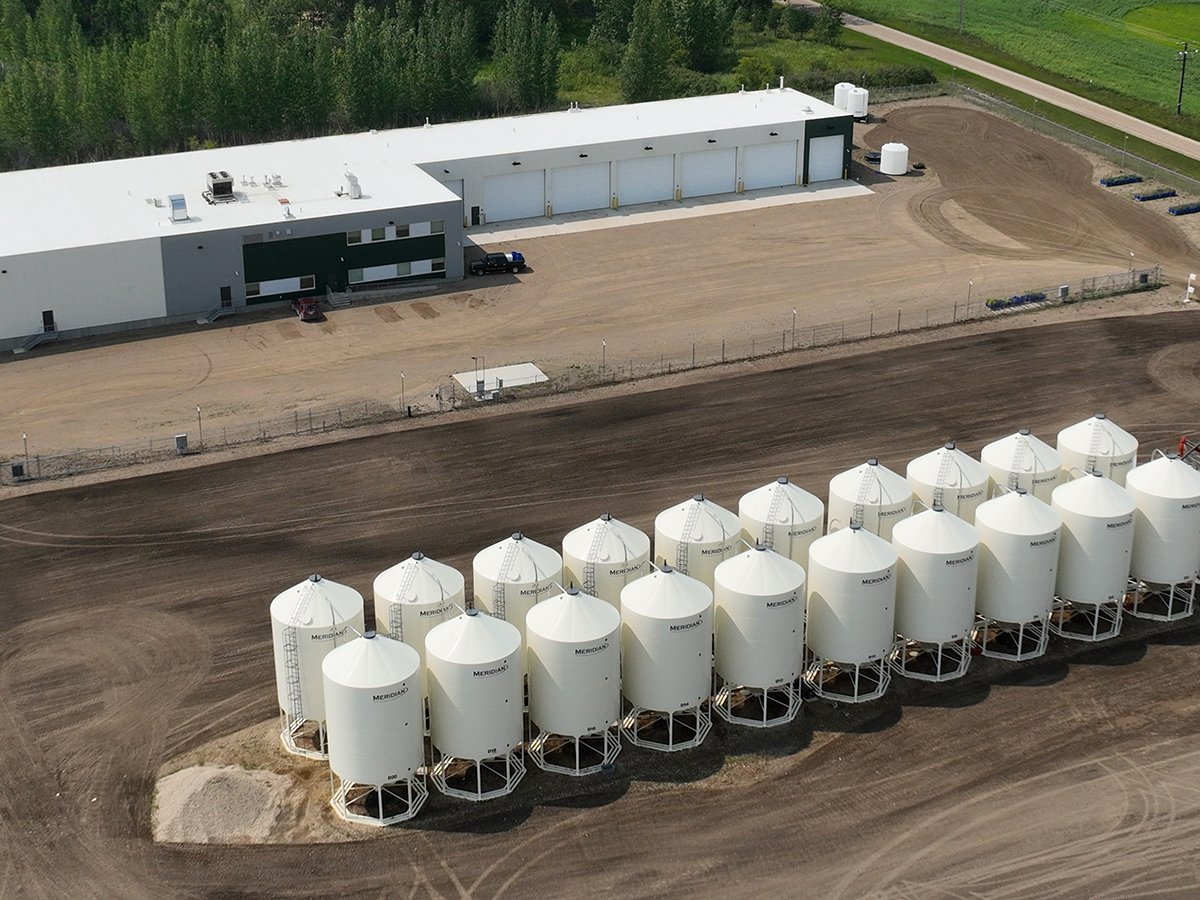Feedlot operators are breathing a sigh of relief that the three-week strike between one of Canada’s largest meat packing plants and its union is finally over.
“It adversely affected our bottom line,” said Jeff Ball of Ballco Feeders of Brandt, Alta.
Ball doesn’t ship his finished cattle to the Tyson Foods plant in Brooks, Alta., but he noted it cost other feedlot operators time and money to line up alternative packing arrangements.
Many feedlot operators chose to truck their cattle to American packing plants.
Read Also

Saskatchewan firm aims to fix soil with compost pellets
In his business, Humaterra, Leon Pratchler is helping farmers maximize yields in the weakest areas of their fields through the use of a compost pellet.
Before the Lakeside Packers strike, about 11,800 fat cattle were shipped to American packing plants each week. For the week ending Oct. 29, Canadian feedlot operators shipped 18,516 head to the United States.
The main message Ball learned from the strike is the need for more packing capacity in Canada with more diversified ownership so cattle producers won’t be harmed by future labour disruptions.
“There’s a real need to forge or nurse or spawn some more meat packing capacity up here.”
The two largest plants, Tyson Foods in Brooks and Cargill Foods in High River, Alta., handle 62 percent of Canada’s slaughter production.
The strike was costly for everyone involved.
The United Food and Commercial Workers said it cost the union $1.4 million in strike pay to get its first contract with Tyson Foods. The plant hasn’t been unionized for 21 years.
“The big thing is there is a union in there,” said Doug O’Halloran, president of UFCW Local 401.
Alberta solicitor general Harvey Cenaiko estimated it cost more than $1.8 million to police the dispute between Oct. 9 and Nov. 1. About 80 riot-trained police officers monitored the strike that started Oct. 12.
Charges were laid against striking and non-striking workers as well as union leaders and Lakeside management during the strike.
Two picketing workers were killed in a car accident near the picket line outside Brooks.
About 56 percent of the 1,600 workers who voted agreed to accept the four-year contract that includes wage increases and mandatory union membership for all new workers.
In a News release
news Chris Borgren, manager of Lakeside Packers, said the company is satisfied with the agreement.
“It’s been a long, challenging process for everyone. However, we believe the terms of this contract will benefit the plant and our team members,” he said.
“We’re hopeful union leaders will now work co-operatively with us to peacefully bring this workforce back together.”
O’Halloran said tensions will be high in the plant for the next few weeks between the people who crossed the picket line and those who didn’t.
“Packing houses are a rough environment. There’s a lot of rough language.”
Gary Mickelson, manager of communication with Tyson Foods, said plant operations went smoothly on the first day back, Nov. 7.
“The first shift is currently operating at normal production levels,” he said.
O’Halloran said the union already committed $50,000 for billboards and other advertisements before the strike ended. Now that the strike is over, the ads will lobby for first-contract legislation in the province that would force both sides to accept a mediated offer and avoid bitter disputes in the future.
Before the Lakeside strike began, a one-person disputes inquiry board appointed by the government presented the two sides with a mediated offer. The union accepted it, but the company rejected it and the workers went on strike.














